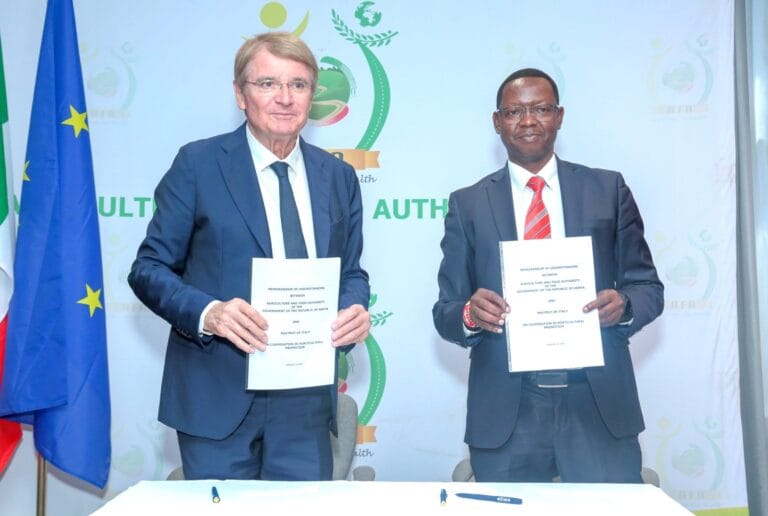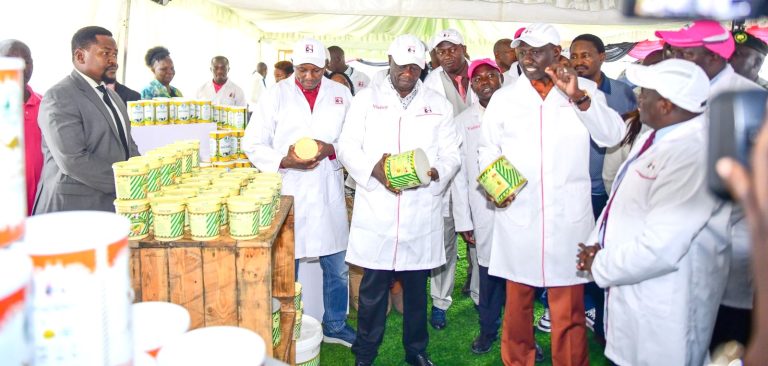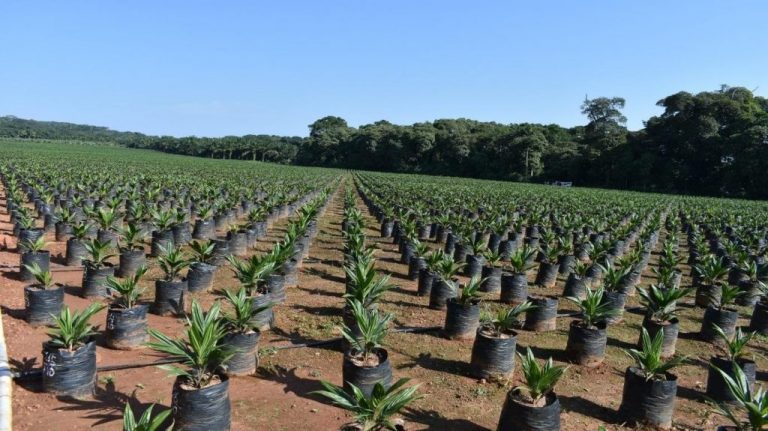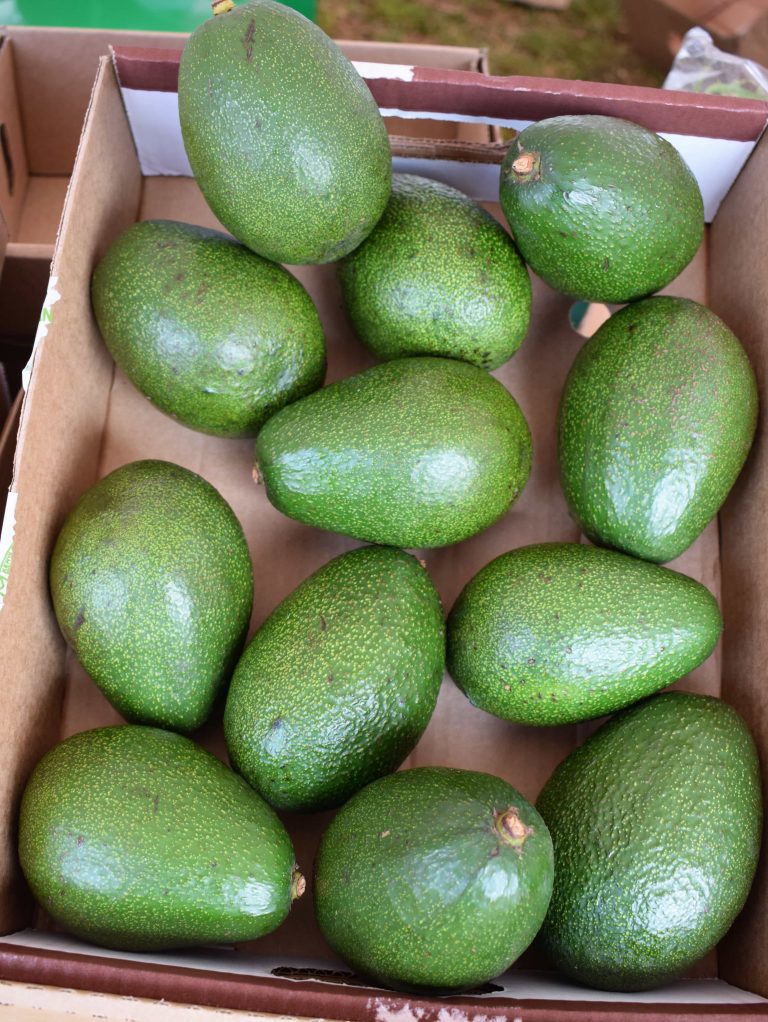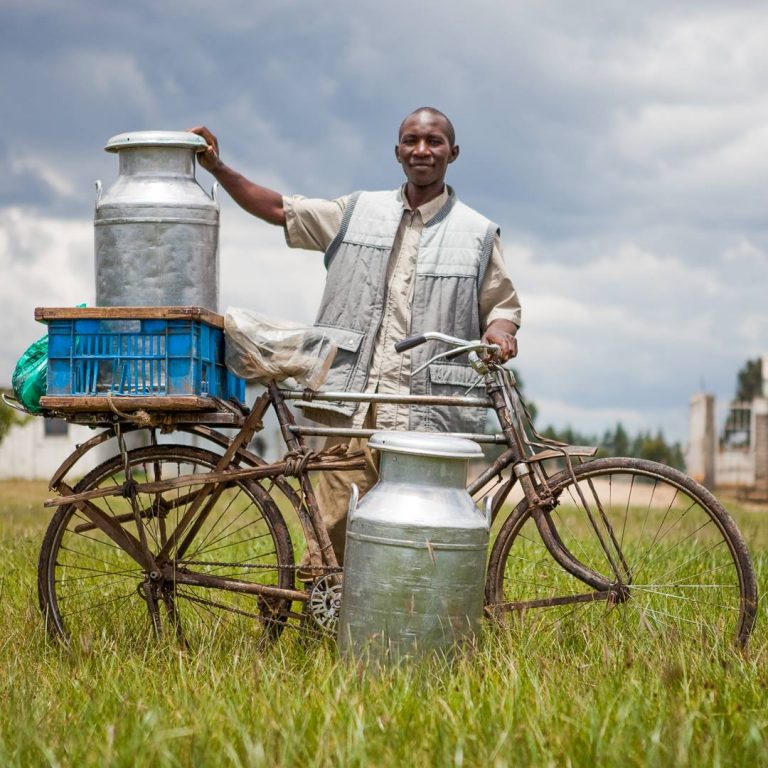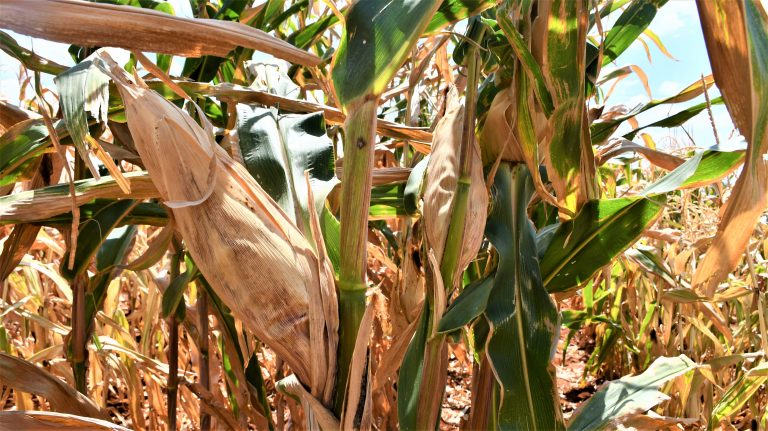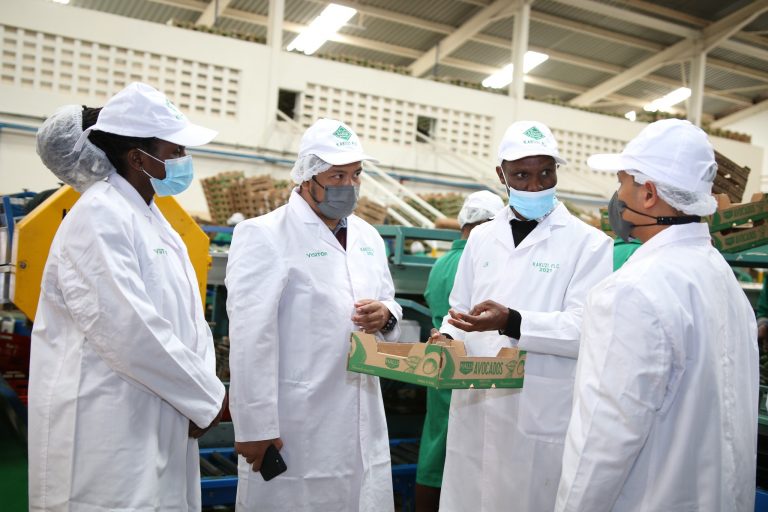Farmers Co-operative Societies have made it easy to find a common market for their produce. Muranga CEC Agriculture Albert Mwaniki says a good example is milk in Muranga county where they have been able to put farmers in co-operatives and find a common market for their milk. “We have 45 primary co-operatives dealing with milk in the county. We have given them milk coolers which enables them to collect more milk without it going to waste. The farmers sell the milk to Muranga County Creameries where they get at least Kshs. 35 per liter. I can confidently say that today Muranga County has the most stable market for milk in the country,” said Mwaniki. He was speaking during a Farmers’ open day at Kenya Agricultural and Livestock Research Organisation (KALRO) Kandara. The CEC says that the county’s milk factory at Maragwa has a capacity of processing 45,000 liters of milk per day. The factory is currently packaging whole milk and yoghurt with plans to start packaging fresh milk soon.

Mwaniki also said the county government has experienced high avocado production due to the interventions they have made. “In the past 3 years we have given over 600,000 avocado seedlings to farmers and right now 70% of avocados in Kenya come from Muranga. Gatanga and Kandara lead in avocado production in the county. The biggest challenge to farmers is brokers who even harvest raw fruits not ready for the market,” said the CEC. The county government he added has put farmers into common interest groups where they will have a collection center for avocados destined for a common market. They will be given refrigerators to keep the fruits fresh until they get a client offering good prices. Meanwhile, Mwaniki advised farmers to use pesticides friendly to bees as they play a vital role in pollination. “When avocados near flowering, spraying them with a kilogram of honey mixed with 20 liters of water attracts bees which ensure pollination occurs effectively. Farmers should also spray them with Boron to prevent flower abortion but proper crop nutrition prevents this,” he added.
On matters cess, the CEC said Muranga County doesn’t charge cess to farmers although he said farmers transporting produce should pay cess at the source county only. He said discussions are going on to harmonize cess across all counties.




